Published 11/1/2019 on hrtechnologist.com
In this article, Allison Tam, Co-founder of Renhead discusses how the employers/ HR stakeholders adopting an agile VMS impact the HR function/employees.
No one starts a company to fail, yet 75% of startups do fail in the long run. To start and, more importantly, maintain a successful company, founders and their executive team must utilize the exact amount of resources needed throughout their evolution—nothing more and nothing less. That’s why HR leaders at startups cannot waste a second of time when assembling a solid team.
This approach offsets the financial risks associated with attempting to invent products and disrupt industries. It’s known as ‘keeping lean,’ or trimming the fat of a company to its core elements. Only spending on what’s necessary at the moment and shapeshifting with every peak and valley.
The core principle behind this approach is failing fast and cheap, with a minimum viable product(MVP) sold to customers. Then crafting something based on customer feedback, marketing insights, and technological breakthroughs. In many cases, the initial MVP barely resembles the final product. But what does this mean for a startup’s HR team?
How HR can help the company keep lean
Utilizing a lean model sounds brilliant—and don’t get us wrong, it is a genius method. However, sayinglean and stayinglean are two completely different things. Keeping a company down to its rawest bones to function with pinpoint efficiency requires a nearly inconceivable level of attention to detail. Each aspect of a startup must be scrutinized down to the last decimal point, or else the business won’t even reach the next quarter. For an HR manager who is already stretched thin, this can be a tall order.
For instance, many founders want to DIYas much as humanly possible, which makes sense – there’s no need to outsource what one can do themselves. That is until the scope of a project becomes too big, and suddenly there’s a critical need for quality talent. But does that mean hiring permanent employees?
Not necessarily.
During particularly lean times when startups need help to execute make-or-break projects, it’s far more cost-efficient to hire talent temporarily. Otherwise, a company is stuck with an unaffordable, redundant full-time employee (or entire team) when the work is complete. But finding consistently reliable temporary employees can be time-consuming. A startup may also need more than just temporary labor, but may also need contract services — which is another time-consuming task.
The right tools for the job can make all the difference
For startups to manage projects, employees, and other elements of the business with precision, their HR team needs the right tools. A vendor management system (VMS) with (adjective) recruitment technology can equip HR managers to properly staff for projects while keeping lean.
An agile VMS that can manage your budget is invaluable. VMS allows you to pull in total cost into a single project allowing you see your overall cost in real-time. The software can also help you identify reliable contractors and evaluate a candidate or temporary worker’s performance so that you can decide if you would like to rehire them in the future. Building a true database of talent, and having a candidate’s historical job performance data can save hours for HR and team leaders. A good VMS can also allow you to augment your services and track your hire’s progress, as well as manage their pay. Bringing efficiency and cost-control to your workflow process.
HR management can also benefit from the ability to look outside of the company to stay competitive in the job marketplace. Renhead’s VMS allows HR representatives to assess the current market rate for a position, allowing you to price your position competitively. In addition, the software allows you to broadcast your need to as many suppliers as you can manage, which is vital in saving time and finding the right person immediately.
Finally, a good VMS will help you avoid compliance risks by empowering you with the right tools. Technology that creates a footprint of your process, provides one secure place to upload all contracts and necessary documents, as well as provides the ease of sifting through your data quickly, gives you peace of mind so your team can get back to work. A major recent addition to a worth-while VMS is business intelligence tools. These tools allow you to dive into your data to give you insights from a micro and macro perspective, providing actionable data for businesses’ to use when assessing their goals.
With the right tools in place, startups can have the robust end-to-end software that ensures not a single second (or dollar) is wasted while assembling a project team.
![]()
Allison Tam is co-founder/CEO and COO for Renhead. She has built a career developing, leading and launching successful new software products with particular expertise in Business/IT alignment. Allison currently serves as Board of Trustee for Akadēmos Fú, a non-profit education organization focusing on STEM curriculum in San Francisco, CA. Allison holds certifications in Pragmatic Product Marketing, Agile Product Owner, Agile Scrum Master and has taken extensive courses in SHRM-SCP, Agile Project Management and Series 7/63.




